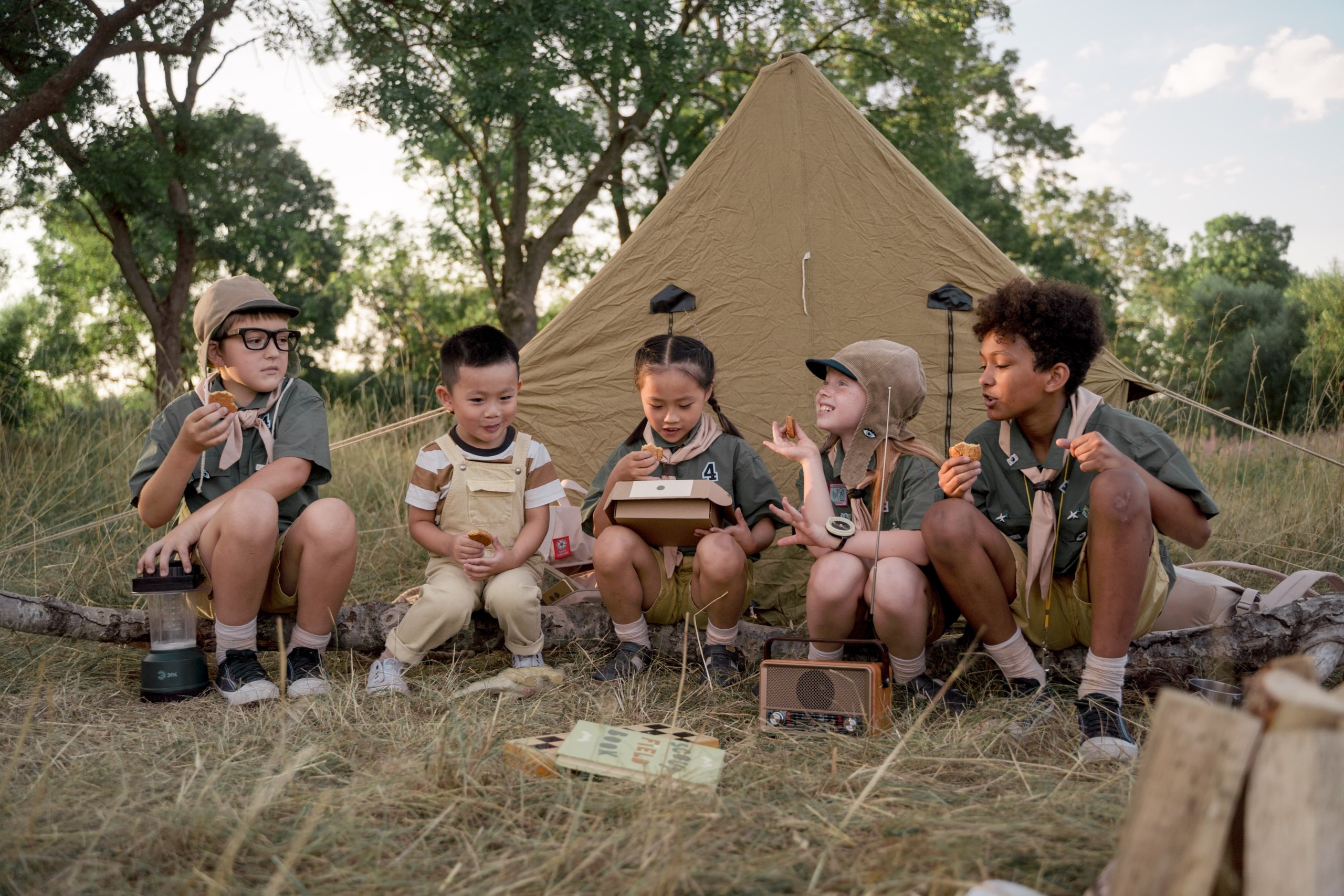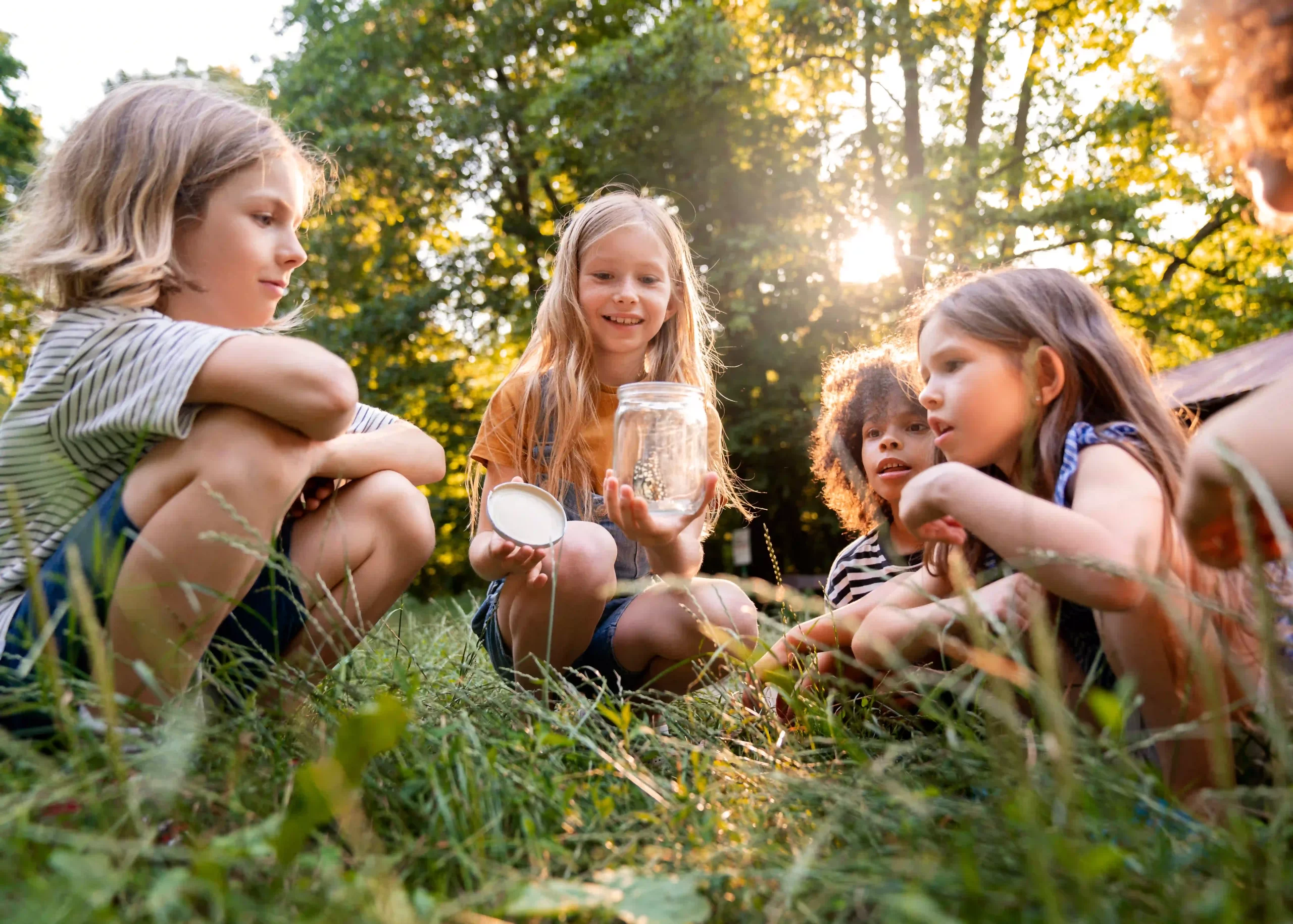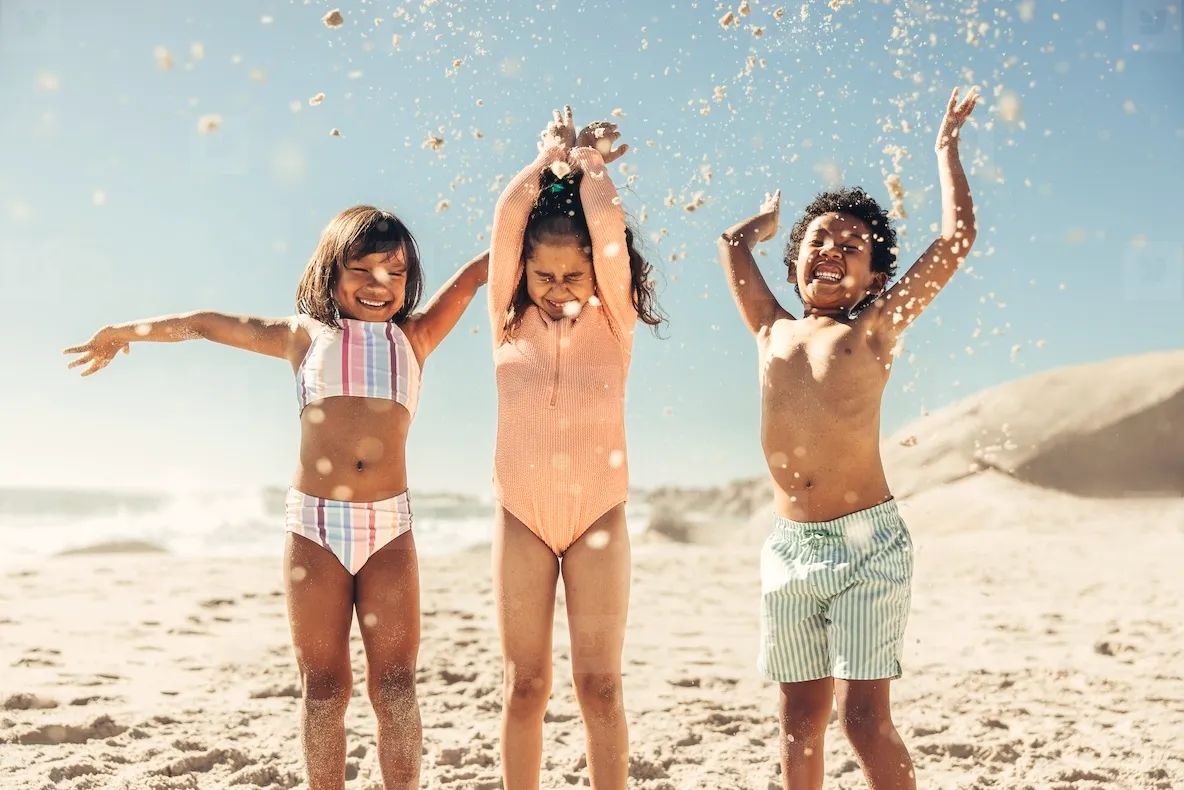Summer camps have long been a cherished tradition, offering children a break from the routine of school and a chance to explore new activities, make friends, and create lifelong memories. These camps play a vital role in a child’s development by providing opportunities for personal growth, independence, and the acquisition of new skills. Whether it’s a day camp, sleepaway camp, or specialty camp, each type offers unique experiences tailored to various interests. Choosing the right camp for your child is crucial as it can significantly impact their overall experience and enthusiasm. When selected thoughtfully, a summer camp can nurture your child’s interests, boost their confidence, and foster a love for learning and adventure. With a plethora of options available, finding the perfect fit requires careful consideration of your child’s preferences and needs.
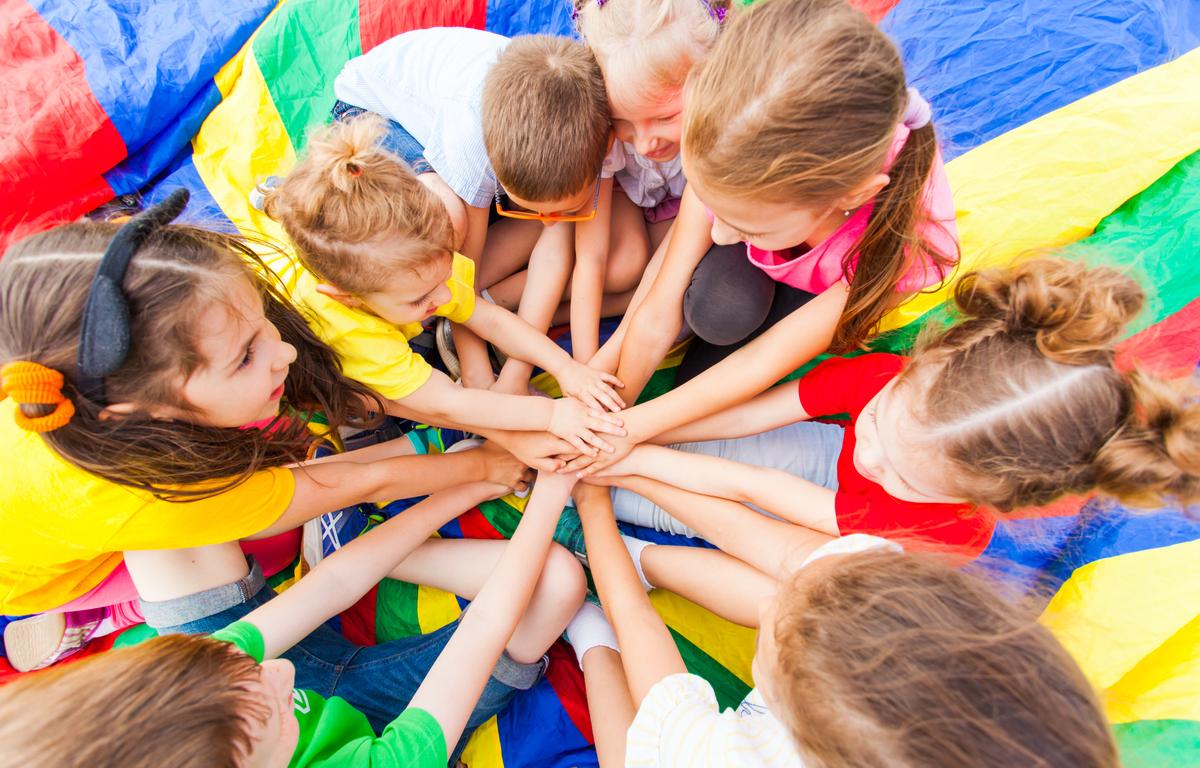
Types of Summer Camps
Selecting the right type of camp is the first step in ensuring a rewarding summer experience for your child. Here are several types of camps to consider:
- Day Camps: These camps typically operate during daytime hours and are ideal for younger children or those not ready for overnight stays. They offer a range of activities, from sports to arts and crafts.
- Sleepaway Camps: Also known as residential camps, these camps provide an immersive experience where children stay overnight for a week or more. They help foster independence and often include traditional camp activities like hiking, swimming, and campfires.
- Specialty Camps: These camps focus on specific interests such as music, theater, sports, or science. They provide intensive training and activities in the chosen field, allowing children to deepen their knowledge and skills.
- Adventure Camps: Geared toward outdoor enthusiasts, these camps offer activities like rock climbing, canoeing, and wilderness survival. They are perfect for kids who love nature and physical challenges.
- Academic Camps: These camps combine learning with fun, focusing on subjects like mathematics, technology, or languages. They help keep children intellectually engaged during the summer break.
Choosing the right type of camp depends on your child’s interests, maturity level, and readiness for certain experiences. Engaging your child in the decision-making process can help ensure they are excited and comfortable with the camp they attend.
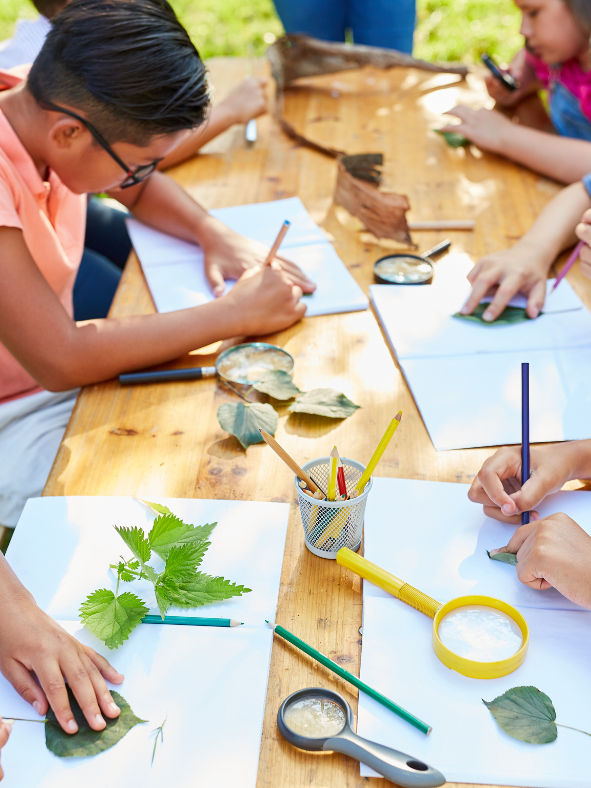
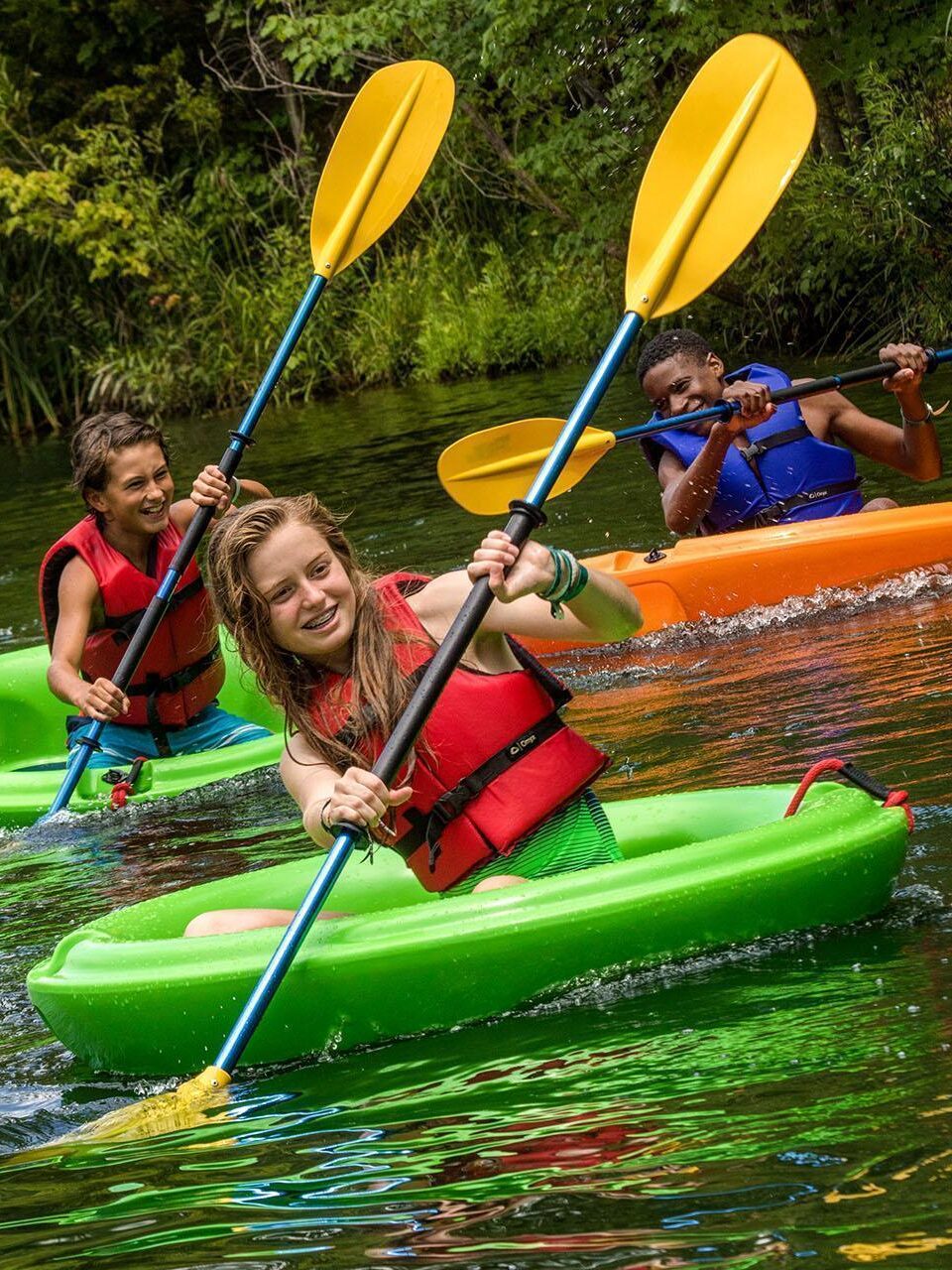
Assessing Your Child’s Interests
Understanding your child’s interests is crucial in choosing the perfect summer camp. This not only ensures they enjoy their time but also helps them develop their passions. Start by observing what activities your child naturally gravitates towards during their free time. Do they enjoy playing sports, engaging in arts and crafts, conducting science experiments, or exploring the outdoors? Discussing their favorite hobbies and what they would like to explore further can provide valuable insights. Consider any extracurricular activities they participate in during the school year, as these can also be indicators of their interests. Taking note of the activities they get excited about and those they shy away from can help you identify their genuine passions. Additionally, consider how your child’s interests align with potential camp activities. For instance, a child who loves building things with LEGO might enjoy a camp with a focus on engineering or robotics. Similarly, a child who spends hours drawing or painting could thrive in an art-focused camp. Assessing these interests not only helps in selecting a camp that they will enjoy but also one that will nurture and develop their skills further. This process can also uncover new interests they might not have had the opportunity to explore yet, broadening their horizons and enriching their camp experience.
Equally important is considering your child’s personality and social preferences. Some children thrive in competitive environments, while others prefer collaborative or creative settings. A child who loves team sports might enjoy a sports camp where they can participate in soccer, basketball, or other group activities. On the other hand, a more introverted child might prefer an arts camp or one focused on individual activities like music or writing, where they can express themselves creatively without the pressure of competition. Understanding whether your child prefers large groups or more intimate settings can also guide your decision. A child who enjoys socializing and making new friends might thrive in a large, bustling camp environment, while one who prefers quieter, smaller groups might do better in a more specialized or niche camp. Matching the camp environment to your child’s personality can enhance their overall experience and personal growth. By carefully considering these factors, you can choose a camp that will be both enjoyable and beneficial for your child’s development.
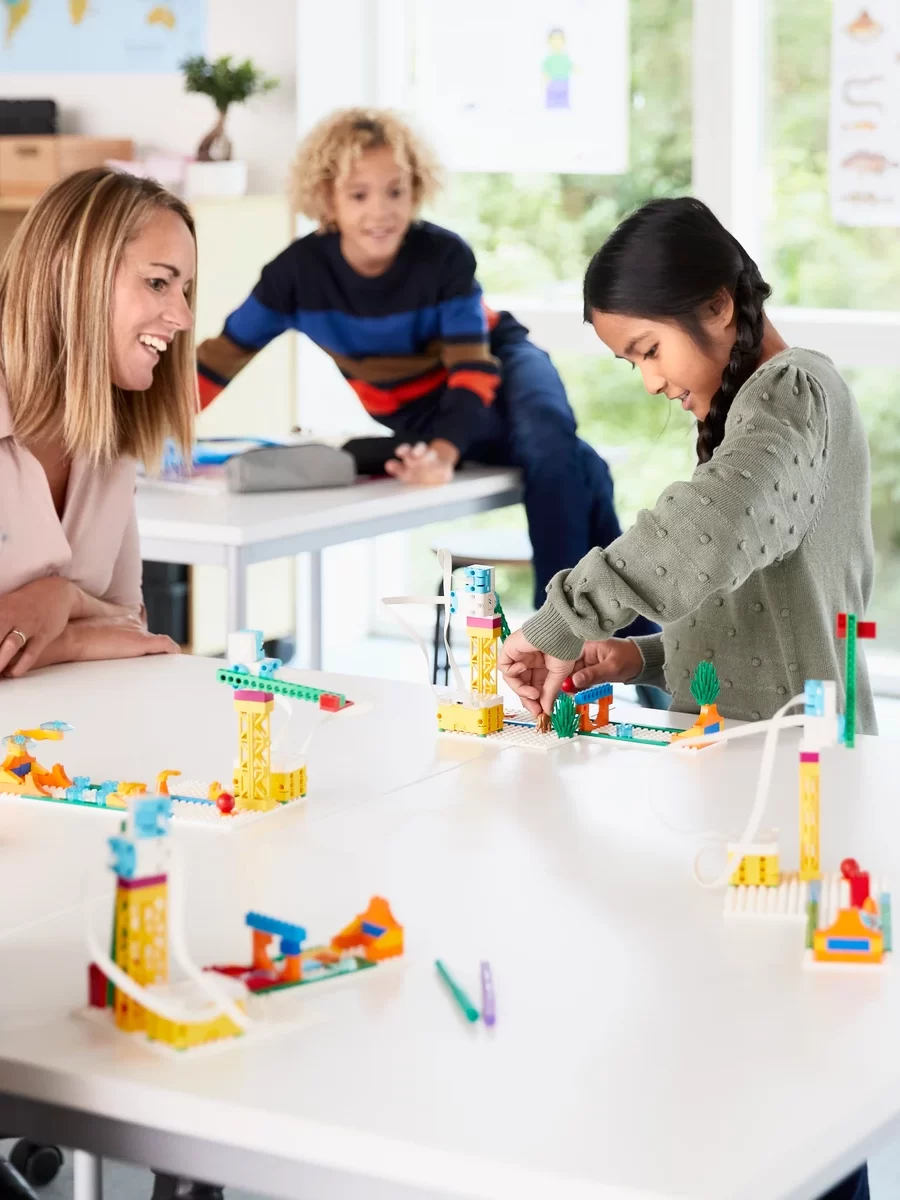
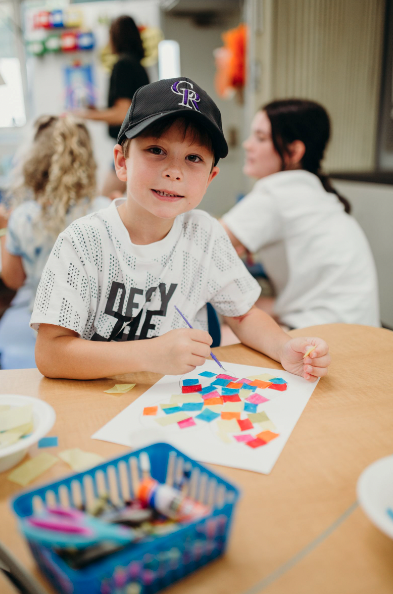
Researching Camp Options
Once you have a clear understanding of your child’s interests, the next step is to research potential camps thoroughly to ensure they meet your expectations and offer a safe and enriching environment. Start by gathering information from various sources, such as camp websites, online reviews, and recommendations from other parents. Examine the camp’s philosophy, curriculum, and staff qualifications to ensure they align with your child’s needs and interests. Look for details about the camp’s approach to teaching, the types of activities offered, and how they cater to different skill levels. It’s also beneficial to check if the camp is accredited by a recognized organization, as this can assure quality, adherence to safety standards, and compliance with industry best practices.
Consider the camp’s facilities and location, as these factors can greatly influence your child’s comfort and overall experience. A well-maintained facility with modern amenities, such as clean sleeping quarters and safe recreational areas, contributes to a positive camp environment. Evaluate the camp’s location, including its proximity to home, as well as the surrounding environment, which can impact travel time and convenience. If possible, arrange a visit to the camp to observe the setting firsthand and interact with the staff. During your visit, inquire about the camp’s policies on supervision, health and safety procedures, and how they handle emergencies and special needs. This hands-on experience and detailed inquiry can help you determine if the camp is a good match for your child’s needs, ensuring a rewarding and enjoyable summer camp experience.
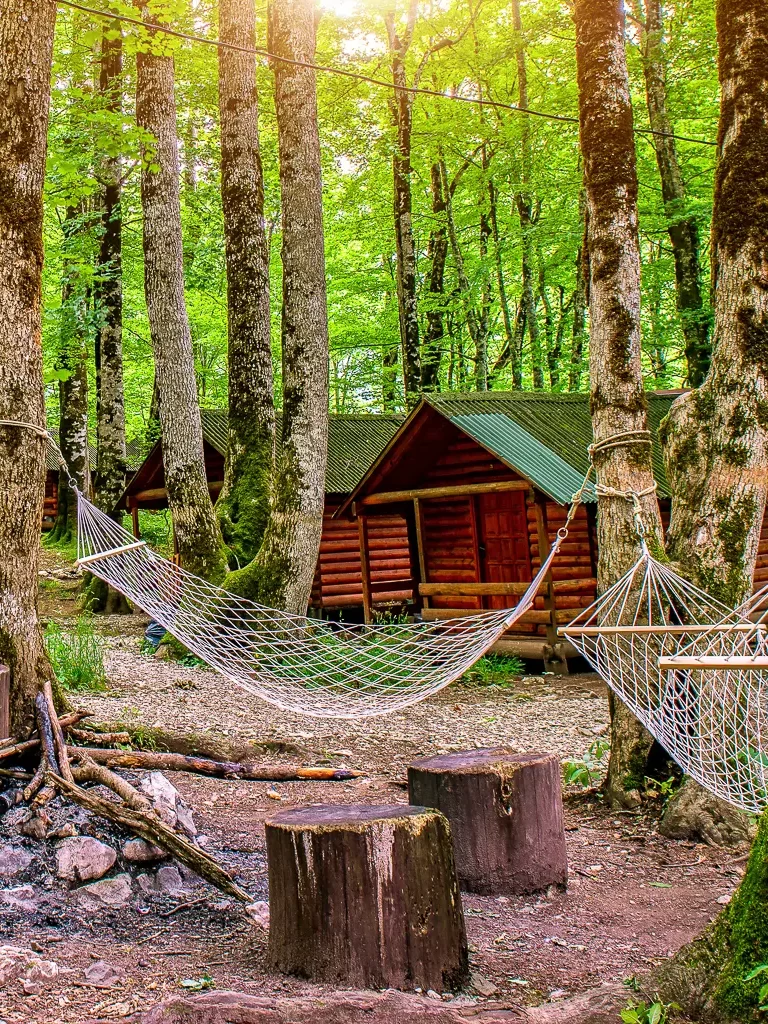

Evaluating Camp Safety and Policies
Ensuring the safety and well-being of your child is paramount when selecting a summer camp. Evaluating the camp’s safety protocols and policies can give you peace of mind and ensure your child is in a secure environment. Start by checking the camp’s emergency procedures and health policies. Inquire about their protocols for handling accidents, allergies, and illnesses to ensure they are well-prepared for any situation. It’s also important to know the ratio of staff to campers, as a lower ratio often means more attentive supervision. Ensure that the staff is trained in first aid and CPR and that there are clear procedures for background checks on all employees, ensuring they are qualified and safe to work with children.
You should also consider the camp’s communication policies. Regular updates and open lines of communication between the camp and parents can keep you informed about your child’s experience and any issues that may arise. Knowing how the camp handles disciplinary actions and homesickness can also help you prepare your child for their time away. Ask about the camp’s procedures for keeping parents informed about daily activities, emergencies, and any concerns regarding your child’s well-being. Understanding these policies can help you feel more connected and reassured while your child is at camp, knowing that they are in a safe and nurturing environment.
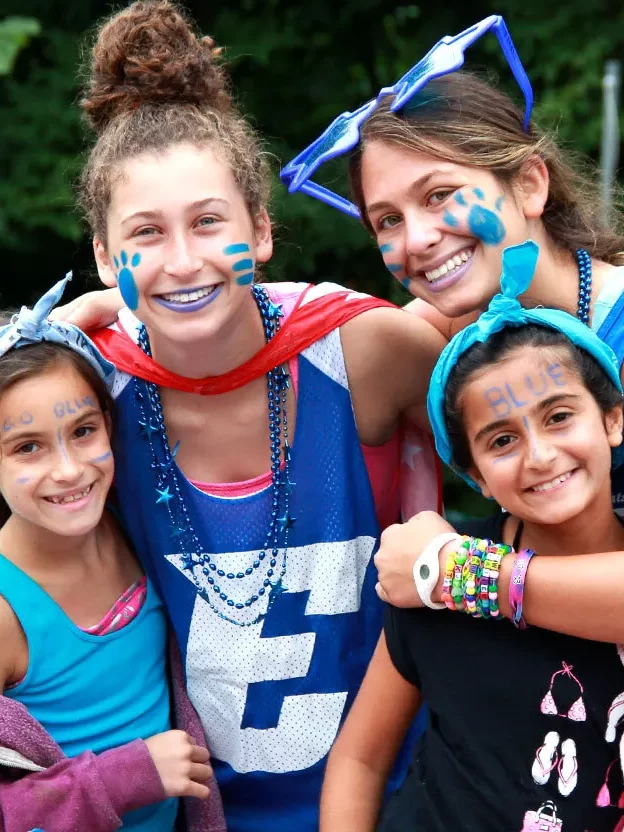

Preparing Your Child for Camp
Preparation is key to ensuring your child has a positive and enjoyable camp experience. Taking steps to ready them both emotionally and practically can ease any anxieties and set the stage for a memorable summer. Start by involving your child in the packing process. Ensure they have all the necessary items, such as clothing, toiletries, and any special equipment required for camp activities. Labeling their belongings with their name can help prevent loss and confusion. Discussing camp rules and expectations with your child can also help them understand what to expect and how to behave, making the transition smoother and less overwhelming.
It is very important to address any emotional concerns your child might have. If they are nervous about being away from home, emphasize the fun activities and new friendships they will experience. Sharing your own positive camp experiences can provide reassurance and perspective. If possible, arrange a pre-camp visit or meet up with other campers to help your child become familiar with the environment and people. Building excitement and reducing uncertainty will help your child feel more confident and ready for the adventure ahead. Preparing them emotionally and practically can greatly enhance their overall camp experience and ensure they return home with positive memories.
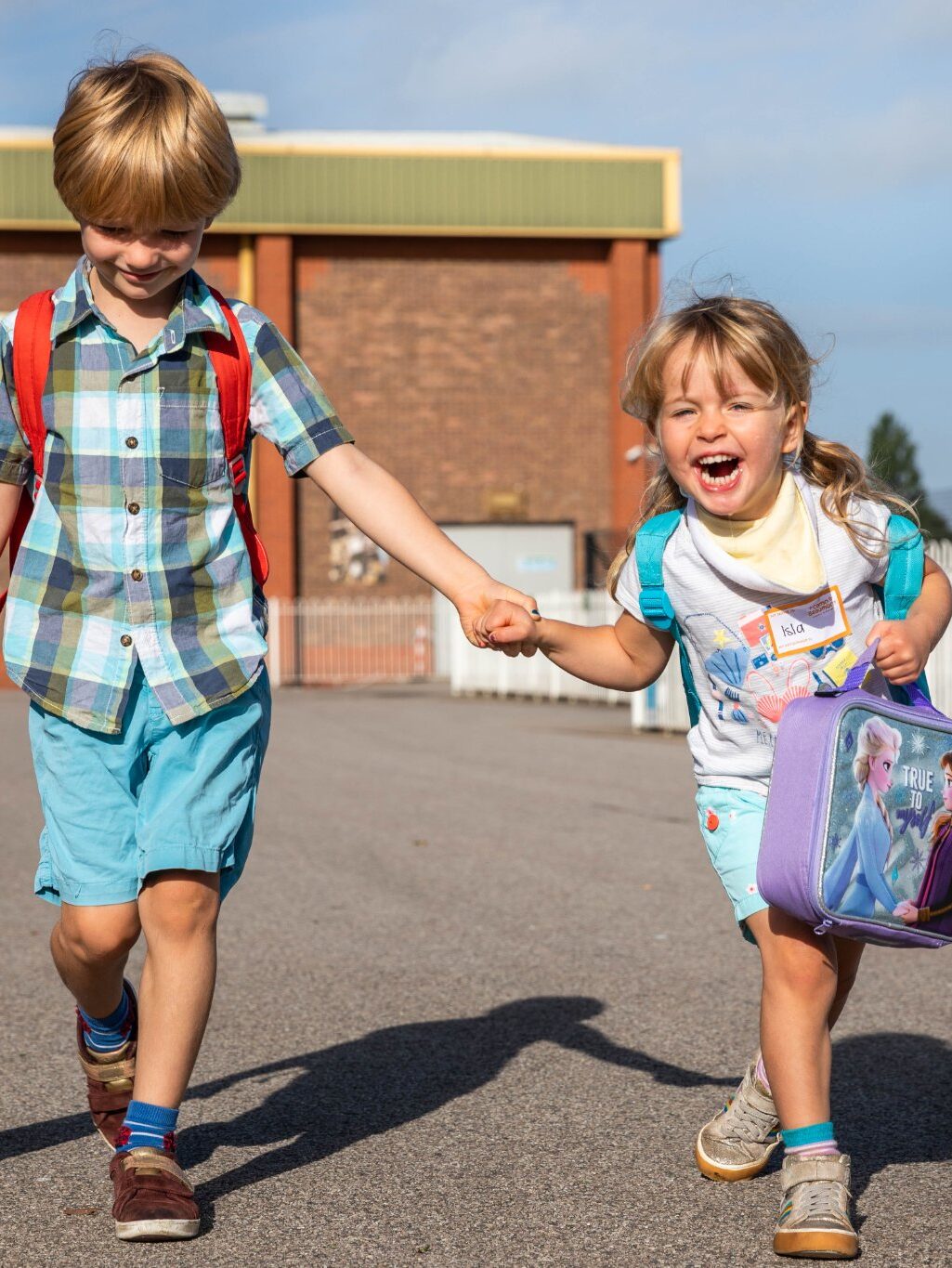
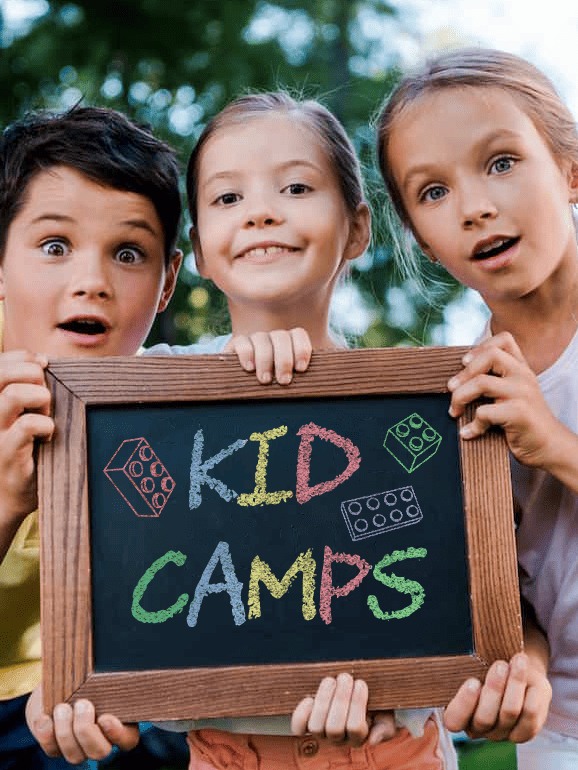
Packing Essentials for Camp
Packing for camp can be a daunting task, but a well-organized checklist can ensure your child has everything they need for a smooth and enjoyable experience. Begin by creating a comprehensive list of items based on the camp’s packing guidelines, which they usually provide. It’s also helpful to add personal touches according to your child’s specific needs. Labeling all items with your child’s name can prevent them from getting lost. Involve your child in the packing process to help them feel more in control and familiar with their belongings, which can reduce the chances of forgetting items. Pack versatile clothing suited for various weather conditions and activities, including both casual outfits and something slightly dressier for special camp events.
Here’s a checklist to guide you through packing:
- Clothing: A variety of outfits for different weather conditions and activities.
- Footwear: Appropriate shoes for daily wear, sports, and any specific camp activities.
- Toiletries: All necessary personal hygiene items.
- Bedding: Sleeping bag and pillow, if the camp does not provide them.
- Miscellaneous: Water bottle, flashlight, and any special equipment required for camp activities.
Review the camp’s specific list and add any specialized items needed for particular activities, such as sports equipment or musical instruments. Proper packing ensures your child is well-prepared and can fully enjoy their summer camp experience.
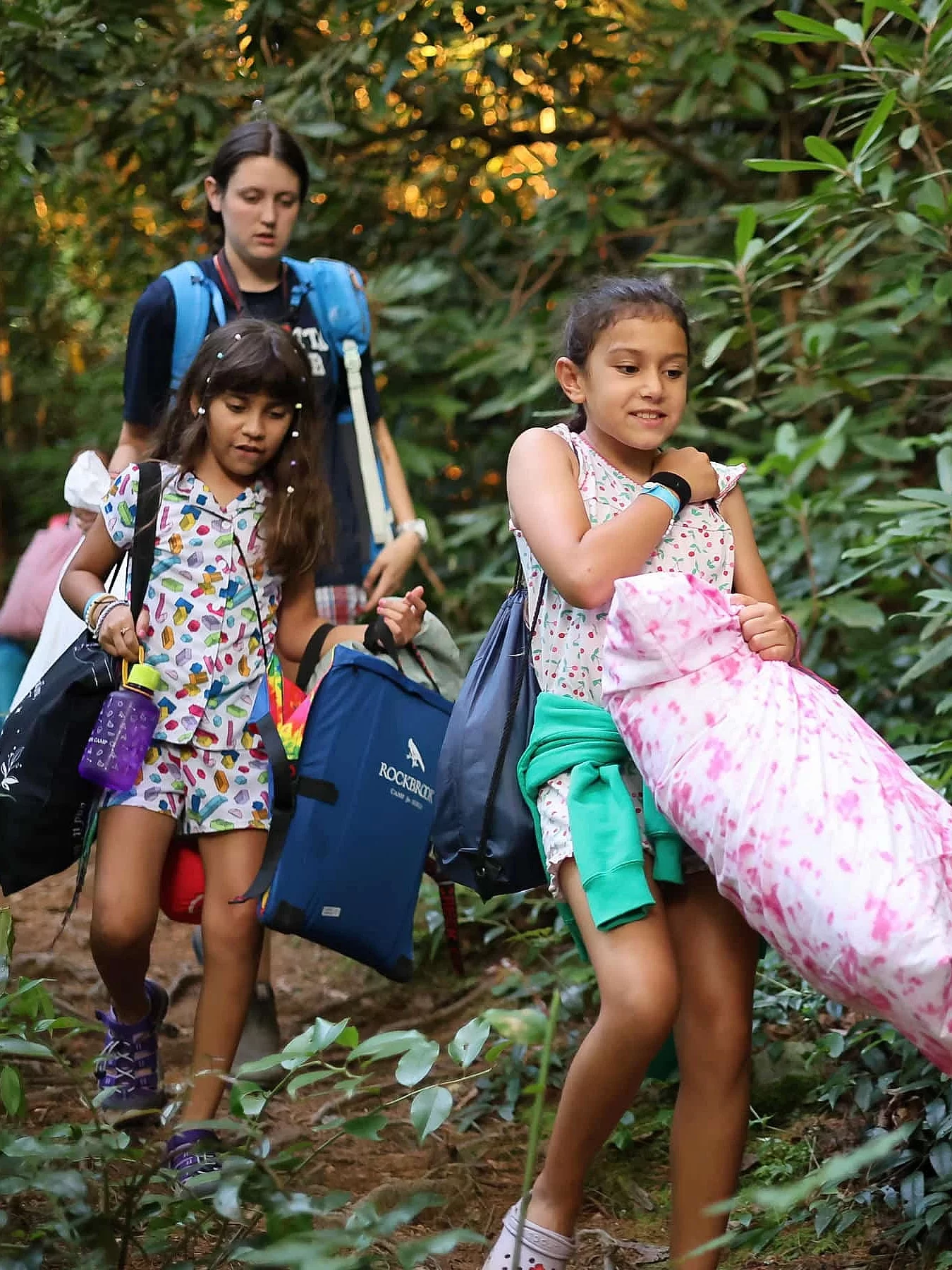
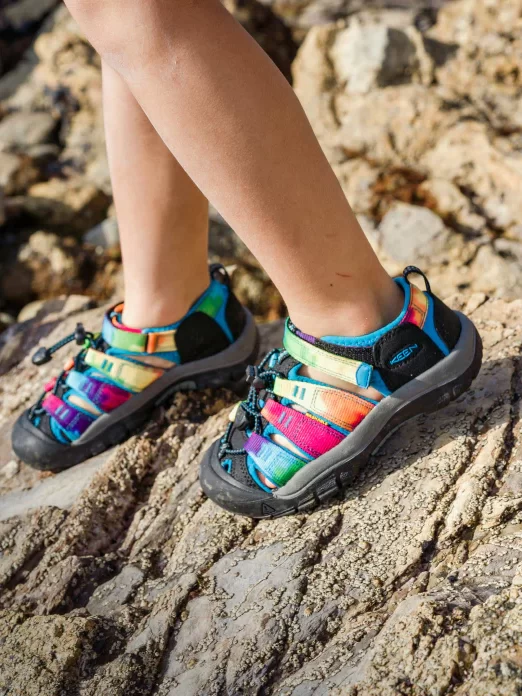
Choosing the perfect summer camp for your child involves a thoughtful blend of understanding their interests, assessing the camp’s safety and policies, and preparing them for the experience ahead. By carefully evaluating the different types of camps, considering your child’s unique hobbies and personality, and ensuring the camp environment aligns with their preferences, you can help create a summer adventure that is both enjoyable and enriching. Proper preparation, from packing essentials to addressing emotional concerns, ensures your child is ready to make the most of their camp experience. With the right camp, your child will not only have fun but also gain valuable skills, build confidence, and create lasting memories. By taking these steps, you set the stage for a successful and memorable summer camp experience that will be cherished for years to come.

